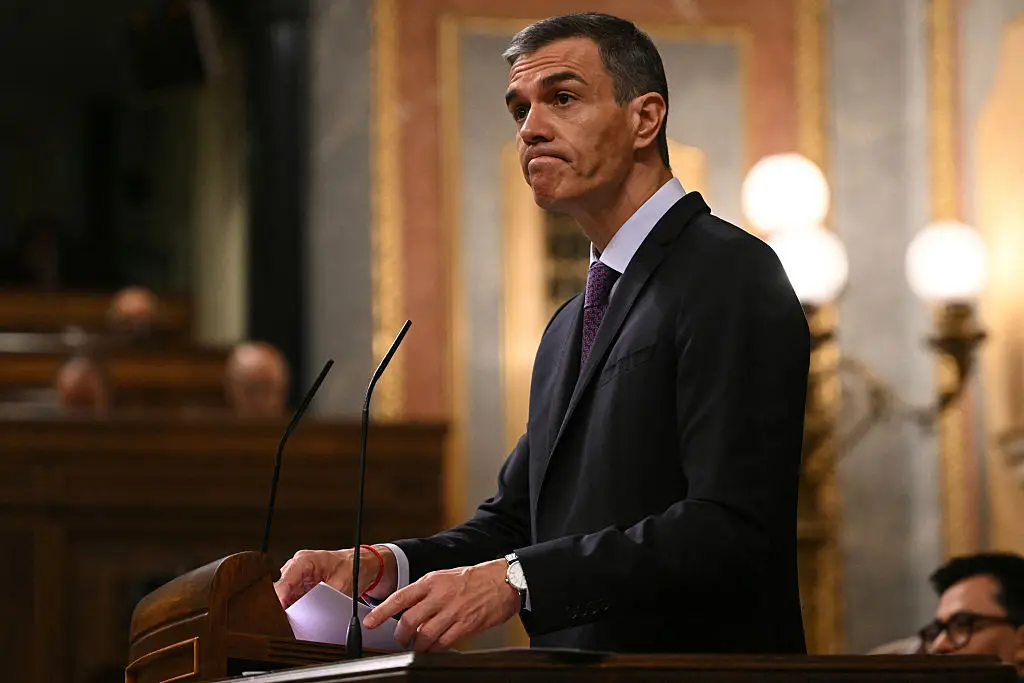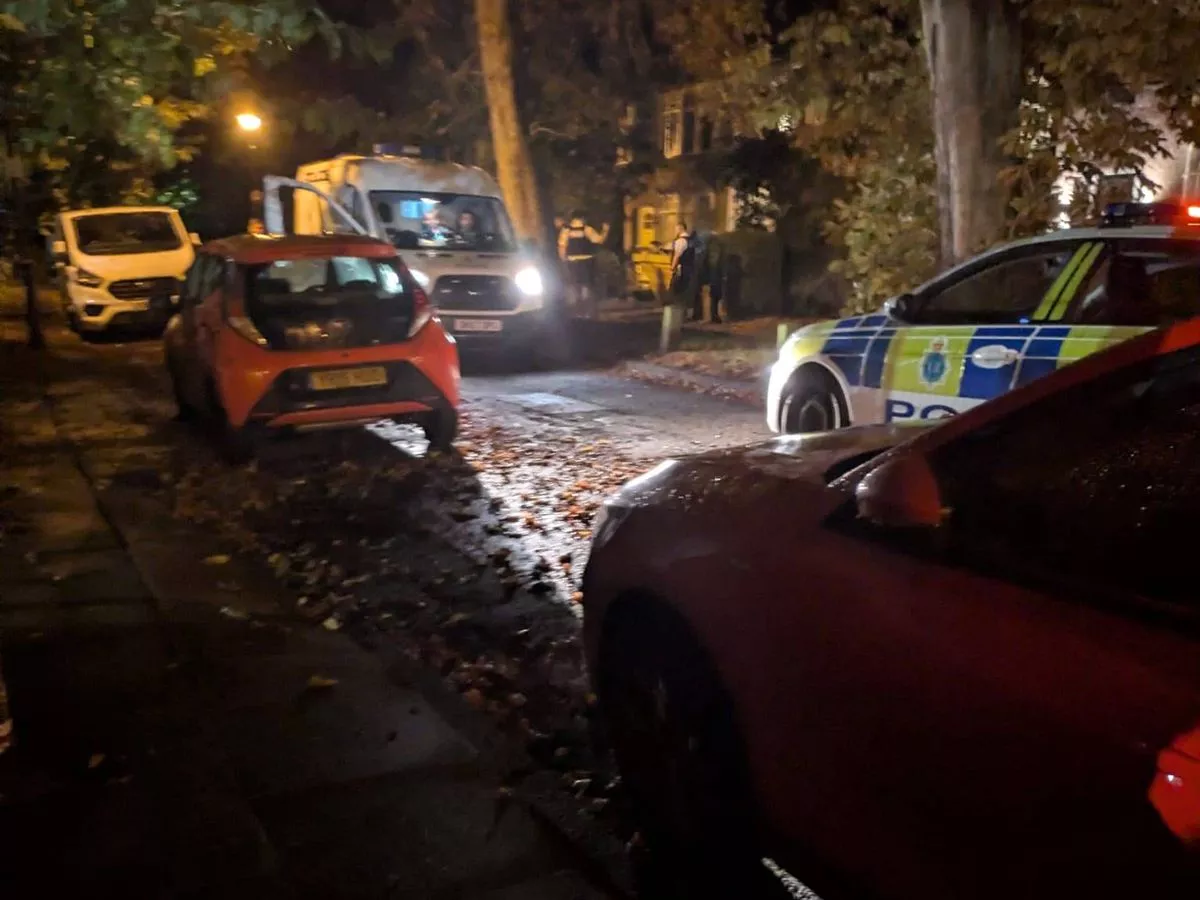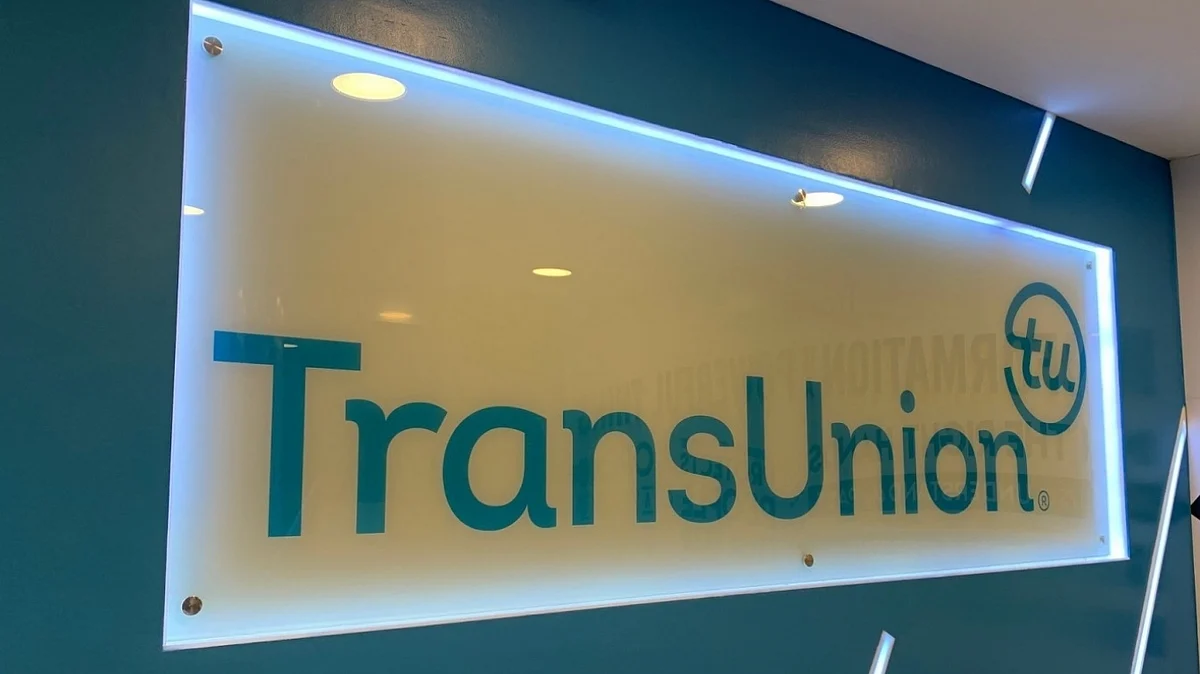By Eliana Silver
Copyright thejc

After October 7, I wasnŌĆÖt surprised to see Spain emerge as one of the loudest anti-Israel voices in the EU. Spain has a long and complicated history with Jews ŌĆō one it often prefers to bury. A deep undercurrent of hostility persists, a legacy of the Inquisition when Jews were exiled or forced to convert. So when Prime Minister Pedro S├Īnchez recently called IsraelŌĆÖs war against Hamas a genocide, I wasnŌĆÖt surprised. But I was shocked when yesterday he lamented that Spain lacked nuclear weapons to stop the Jewish state ŌĆō a remark that laid bare how reckless the rhetoric had become. Not long before, I had seen my old high school history teacher post about the so-called ŌĆ£genocide in GazaŌĆØ on Instagram. That moment stirred something in me, a rush of memories I had long tucked away but never truly forgotten, of what it was like to grow up Jewish in Spain. IŌĆÖm the daughter of a US diplomat, and when my father was posted to the embassy in Madrid the summer before my 13th birthday in 2012, I was thrilled. Back then the city felt different: its walls were alive with graffiti, peace signs and colourful murals. A decade on, those same streets are littered with Intifada pamphlets, and Palestinian flags hang from countless windows. But antisemitism was already there in 2012. It hadnŌĆÖt exploded the way it has today, but it lingered beneath and sometimes above the surface. My secular parents enrolled me in a Catholic boarding school to ŌĆ£improve my SpanishŌĆØ, without really considering what that would mean for an American child who barely spoke the languageŌĆ” and more importantly, for a Jew. Up until then, my Jewish identity was pretty simple: spinning dreidels, eating matzo, the occasional synagogue visit. Because my dadŌĆÖs diplomatic career kept us moving, I hadnŌĆÖt grown up with much of a Jewish community, and I had very few Jewish friends. I had also never personally experienced antisemitism. So when I casually mentioned to a new friend at school that I was Jewish, I was completely unprepared for her reaction. She was stunned, genuinely shocked. She had never met a Jew before, let alone had a Jewish friend. SpainŌĆÖs Jewish population is small, around 50,000, but nearly 20 per cent of Spaniards are believed to have Jewish ancestry. Yet ignorance and prejudice about Jews runs deep. When classmates learned I was Jewish, their questions drew on centuries of antisemitism ŌĆō from medieval myths (ŌĆ£Do you have horns?ŌĆØ ŌĆ£DidnŌĆÖt you kill Jesus?ŌĆØ) to the gutter caricatures of Der St├╝rmer (ŌĆśDo all Jews have big noses?ŌĆÖ).ŌĆØ High school brought a new group of boys whose antisemitism escalated. For three years, they threw Nazi salutes, yelled ŌĆ£Heil Hitler,ŌĆØ scrawled swastikas, and told me to go gas myself ŌĆō all while denying the Holocaust. When I tried to explain that members of my family had been killed in the Holocaust, they laughed and called me a liar. Nobody defended me ŌĆō not friends, not teachers. Once, after I complained to the director, he brought one of the perpetrators into his office with me and told us to ŌĆ£talk it outŌĆØ. I was stunned. How do you ŌĆ£talk it outŌĆØ with someone who wants you dead? Looking back at my countless hours of history classes, I realize now that both the Inquisition and the Holocaust were barely mentioned. In 2013, just as I started school in Spain, the centre-right Partido Popular proposed making Holocaust education mandatory. The proposal never passed, and schools seemed relieved ŌĆō free to go on skipping over this deeply uncomfortable chapter of history. In my final year of high school, a major Auschwitz exhibition arrived in Madrid, featuring harrowing photos, personal objects from concentration camps inmates, and even a train car that had transported Jews to their deaths. My mother, along with MadridŌĆÖs small reform Jewish community, worked tirelessly to publicize it. Naively, I suggested to my history teacher that our class should go. We were studying the world wars at the time, yet somehow the Holocaust had been omitted almost entirely. Though she expressed interest, nothing came of it, and we never went. I left Spain in 2018, but I return often to visit my mother, who chose to make her home there. The magic of Madrid still moves me to tears, though sometimes they arenŌĆÖt tears of joy, they are tears of sadness, for an antisemitism that has only grown. If a country that once expelled its Jews fails to teach its children that history, the murder of six million in the Holocaust, and even the basics of Judaism and Jewish civilisation, how can the adults they become be expected to understand the conflict in Israel, the Jewish peopleŌĆÖs deep roots in the region, or the danger of leaving antisemitism unchallenged? A nation that refuses to teach Jewish history fosters ignorance ŌĆō and allows an old animosity toward Jews to endure. Eliana Silver is the JCŌĆÖs Audio-Visual Producer and Reporter.



